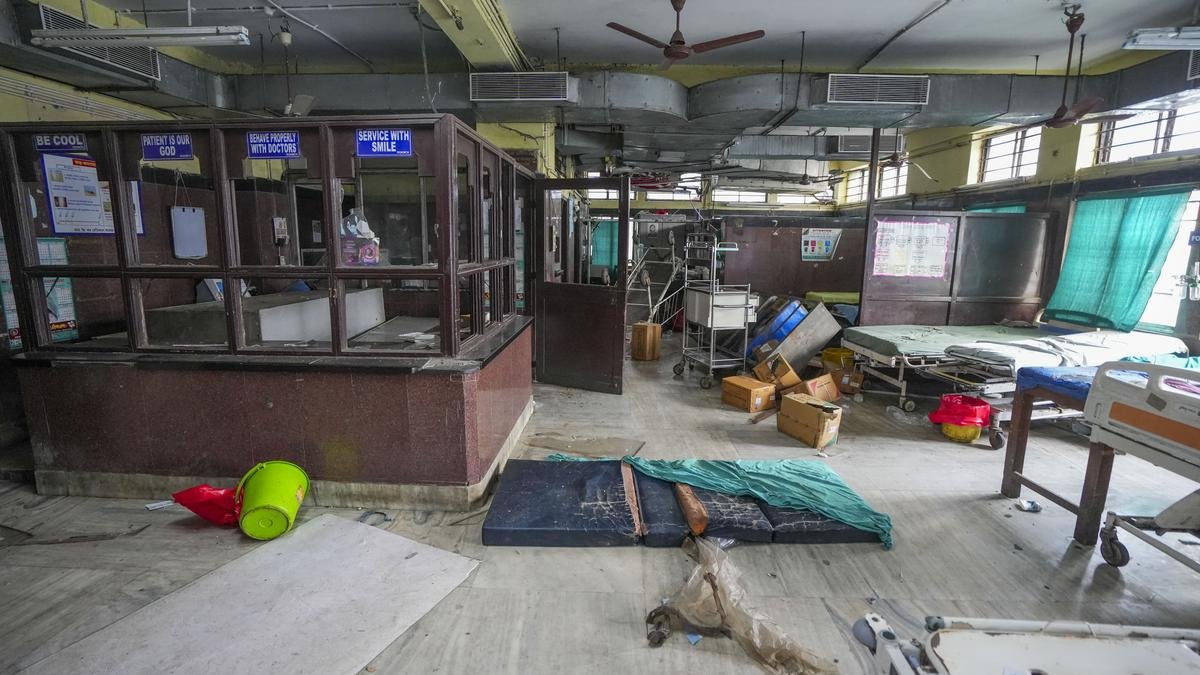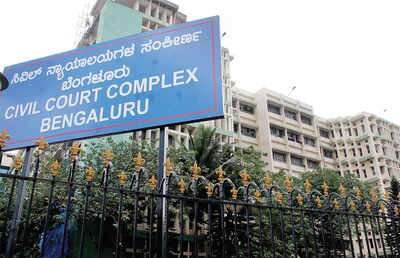The bench, led by Chief Justice DY Chandrachud, noted that there are no guidelines for courts to accept sealed documents. The Supreme Court declared that the use of sealed cover proceedings goes against the principles of natural justice, as it overturned the Central government’s decision to deny the Malayalam news channel MediaOne a renewal of its broadcasting license on the grounds of national security concerns.
In their verdict, Chief Justice of India DY Chandrachud and Justice Hima Kohli concluded that the practice of sealed covers violates the right to fair and reasonable proceedings of the appellants.
“The sealed cover procedure adopted has rendered the rights of the petitioner as a dry parchment and the procedural guarantees to the petitioners have been rendered otiose,” the Court said.
“Blanket immunity to investigative reports cannot be granted and the State has not been able to prove that there is a national security threat. Power of courts to receive sealed covers is unguided.”
It emphasised that in such instances, the State must establish that national security is threatened and that natural justice principles may be disregarded.
The Court also clarified when courts should not use sealed cover proceedings, stating, “Centre has raised national security concerns in a cavalier manner and there was nothing to submit that reasons divulged to threaten national security and national security is being used to deny citizen their rights which cannot be permitted under law. Sealed cover proceedings cannot be adopted to avoid the harm caused of public immunity proceedings. We are of the opinion that public immunity proceedings are less restrictive means to safeguard public interest. It is sufficient to state that if purpose can be achieved through public immunity proceedings then sealed cover proceeding should not be adopted.”
The Central government had submitted its reasons for the ban on MediaOne in a sealed envelope to the Kerala High Court, without informing the channel of the grounds for the ban. The channel had challenged the revocation of security clearance for the renewal of its license by the Central government, which was upheld by a Division Bench of the Kerala High Court, before the license expired.
MediaOne was taken off the air on January 31, 2022, but the High Court postponed the implementation of the Ministry’s order after the channel filed a petition. However, a single judge upheld the decision of the Ministry of Information and Broadcasting (I&B) to revoke the Malayalam channel’s license on February 8.
The High Court held that the Ministry of Home Affairs (MHA) had sufficient grounds to deny security clearance to the channel based on the information submitted to it in a sealed envelope, but refused to disclose the nature of the MHA’s concerns.
The Central government argued that the principles of natural justice cannot be enforced in national security-related situations. Madhyamam Broadcasting, MediaOne Editor Pramod Raman, and the Kerala Union of Working Journalists then appealed the single judge’s decision.
However, a Division Bench of the Kerala High Court upheld the decision of the single judge, prompting MediaOne to appeal to the Supreme Court. On March 13, a bench comprising Justices DY Chandrachud, Surya Kant, and Vikram Nath stayed the ban on the channel and ruled that it could resume operations in the same manner as before the revocation of security clearance.



